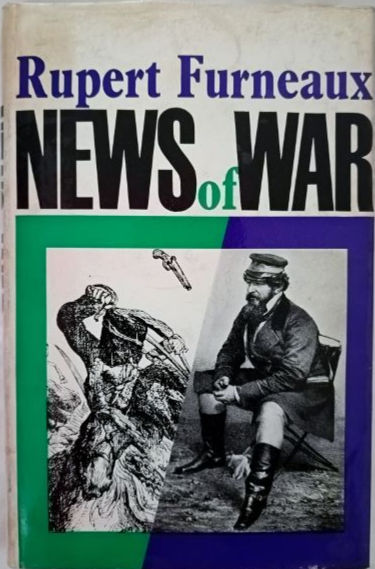Tap Roots (1949) By James Street
In the second novel of the Dabney family saga, Sam'l Dabney is no longer “ol' man Dabney's brat” but has become a rich and successful aristocrat of such great influence that some call him the Father of Mississippi and Alabama. Old and dying, he and Tishomingo, a prince of the Choctaws, are all who are left of the group who fled the Promised Land. After Sam's death, the Dabney family, strong, greedy, and imbued with raw courage, jeers at fate and dares the impossible. They secede from Mississippi, organize an independent republic called the Free State of Lebanon, and wage a no-quarter war against the might and millions of the Confederacy at a time when the Union seemed doomed. Some die in battle, others on the gallows, and only a few live to see the tiny spark they kindled blaze into a fire for freedom.
The family is led by Sam's son, Hoab, a shouting abolitionist and religious zealot, whose secret is still carefully guarded and, if ever revealed, may rock the South. He and wife, Shellie, and their children ― Cormac, red-headed Morna, in spirit much like her great-aunt, Honoria, and the twins Aven and Bruce continue Sam's legacy ― the tap root that pushed through the loam and into the red clay bed of the valley and from which the Dabney legacy continues to flourish. They are joined by others ― neighbor Claiborne MacIvor, who loved two Dabney women; Keith Alexander, the morose and unbelievably handsome Black Knight of Vengeance; and Reverend Kirkland, the pudgy little preacher who told a great denomination, "I'll see you in hell before I surrender my rights. I am but a feeble ripple, but behind me comes the whirlwind."
Tap Roots begins in 1858 and moves to a thunderous climax in 1865. The book is based on the true story of the “free state of Jones” in which the farmers and workmen of Jones County in Mississippi decide to succeed from both the United States and the Confederacy. In this part of the South there were few if any plantations, most people worked their own farms and held no slaves and they strongly resented being required “to fight a rich man's war". The majority of settlers were also of Scots-Irish decent and did not believe in slavery, so they decided to form a Republic of free men.
Tap Roots was a best seller and later made into a film starring Susan Hayward.
- Hard Cover
- 487 pages
- In Good condition






























